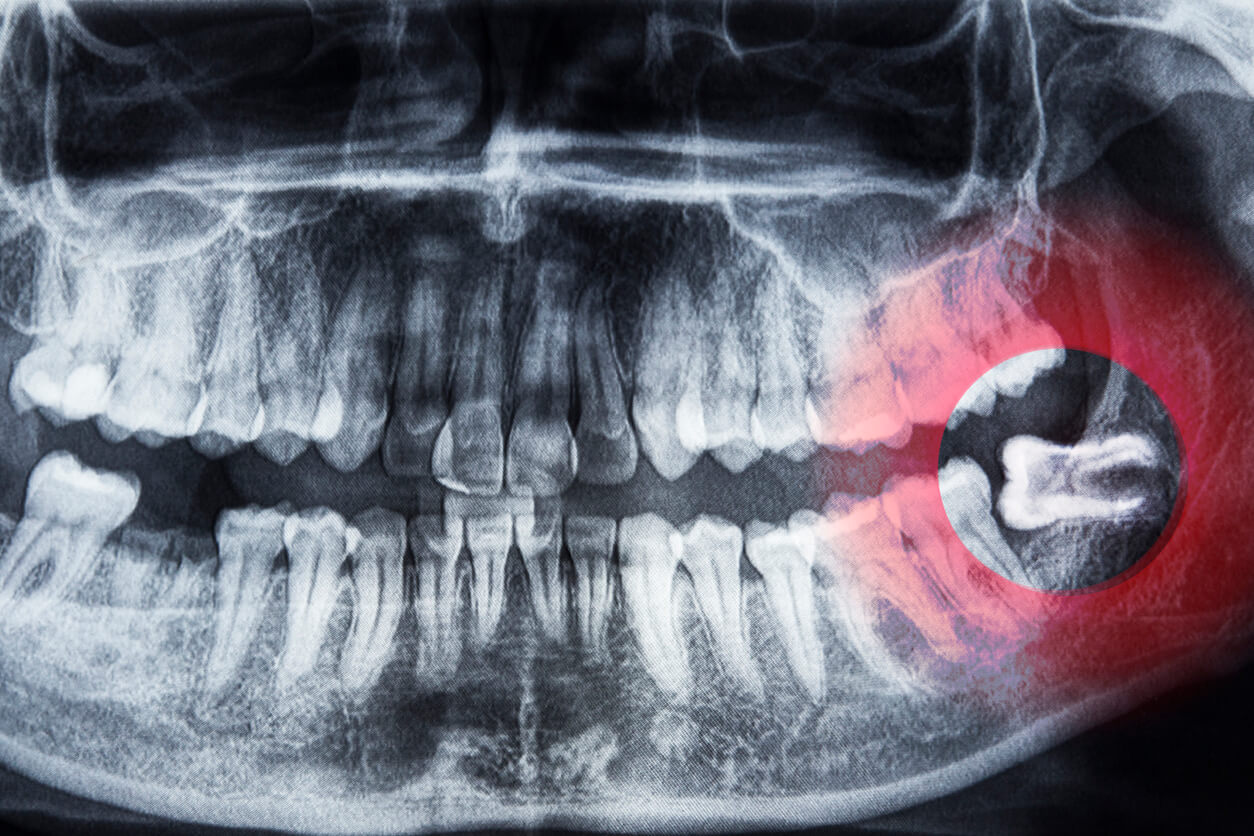Mar
28

Getting your wisdom teeth removed isn’t exactly the most fun way to spend your afternoon, but for many, it’s a necessary step toward maintaining good oral health. That said, the days following the extraction can be uncomfortable and filled with uncertainty, especially when it comes to eating.
Knowing what to eat after wisdom teeth removal can significantly impact your healing process, ensuring it goes as smoothly and quickly as possible – so where to start? In this comprehensive guide, we’re going to take a look at some soft, nutritious food options that will aid in your recovery – without compromising on taste!
Let’s dive in.
Immediate Post-Extraction Period
The first 24 hours after your wisdom teeth removal are critical: during this time, it’s advisable to stick to liquids and very soft foods that don’t require chewing. Hot foods and drinks should be avoided as they can dissolve the crucial blood clot forming in the socket, potentially leading to a dry socket, a painful condition you want to avoid at all costs. Opt for cool, soothing foods and beverages such as smoothies, broths, and yogurts during this initial phase.
Soft and Nutritious Options
Once you’ve passed the initial 24-hour mark, you can begin to introduce more substantial yet still soft foods into your diet. Foods like mashed potatoes, scrambled eggs, oatmeal, and tender-cooked vegetables are excellent as they provide essential nutrients your body needs to heal without straining your mouth. In general, opting for foods rich in vitamins and minerals can boost your recovery while helping your body’s overall health.
Hydration During Recovery
Hydration is a non-negotiable cornerstone of recovery, and water is your best option: plain water aids in the healing process by keeping you hydrated, all without irritating the extraction site (as you could end up doing if you opt for drinks with added sugars). Herbal teas and coconut water are also good choices, as both offer variety while keeping you away from alcohol, caffeine, and carbonated drinks, which can impede your recovery.

Foods to Avoid
The bad news is that some foods can disrupt your healing process or lead to discomfort, so it’s a good idea to avoid them during your recovery. This includes hard, crunchy, spicy, or sticky foods, as these can irritate the extraction site or get lodged in it, raising the risk of infection. Seeds and small grains are also problematic for the same reason.
Meal Ideas and Recipes
Keeping your diet varied and enjoyable is possible, even when your food choices are limited. You can try preparing soft fruit smoothies, blended soups, and soft fruit purees to keep your meals interesting and nutritious; these options not only ensure you’re getting a variety of vitamins and minerals but also keep mealtime from becoming monotonous.
Tips for Managing Discomfort
While opting for soft foods is beneficial for your recovery and can help manage discomfort, your food choices are only going to prevent further pain, not get rid of existing discomfort. For ongoing pain related to the procedure, you can try applying ice packs to your cheeks to help reduce swelling, and over-the-counter pain relief can be also considered following your dentist’s recommendations. Just remember that eating soft foods minimizes the risk of irritating the extraction site, so while you might not feel the benefit directly, you’re preventing unnecessary complications down the line.
Gradual Transition to Regular Diet
As you begin to feel better, gradually reintroducing more solid foods into your diet is important. However, listening to your body is crucial; if a particular food causes discomfort, it’s wise to wait a bit longer before trying it again. This gradual transition ensures that your extraction site heals properly without undue stress.
Oral Hygiene During Recovery
Maintaining excellent oral hygiene can be particularly challenging during this recovery period, but it’s essential after wisdom teeth removal. It’s recommended to gently rinse your mouth with warm salt water after meals to keep the extraction site clean, avoiding direct brushing of the area for the first few days. Continue brushing and flossing the rest of your teeth as normal, and consult your dentist for advice on oral hygiene practices tailored to your specific situation.
The Bottom Line
Ultimately, recovering from wisdom teeth removal is a process that requires patience, care, and a bit of creativity with your diet. By selecting the right foods, know that you’re helping your body facilitate a smoother, quicker healing process, ensuring you get back to your regular diet and routine in no time. Remember, hydration, sticking to soft and nutritious foods, and following your dentist’s advice are key to a successful recovery.
For further advice and personalised dental care, visit our award-winning orthodontist in St Johns Wood for tailored information and guidance.










